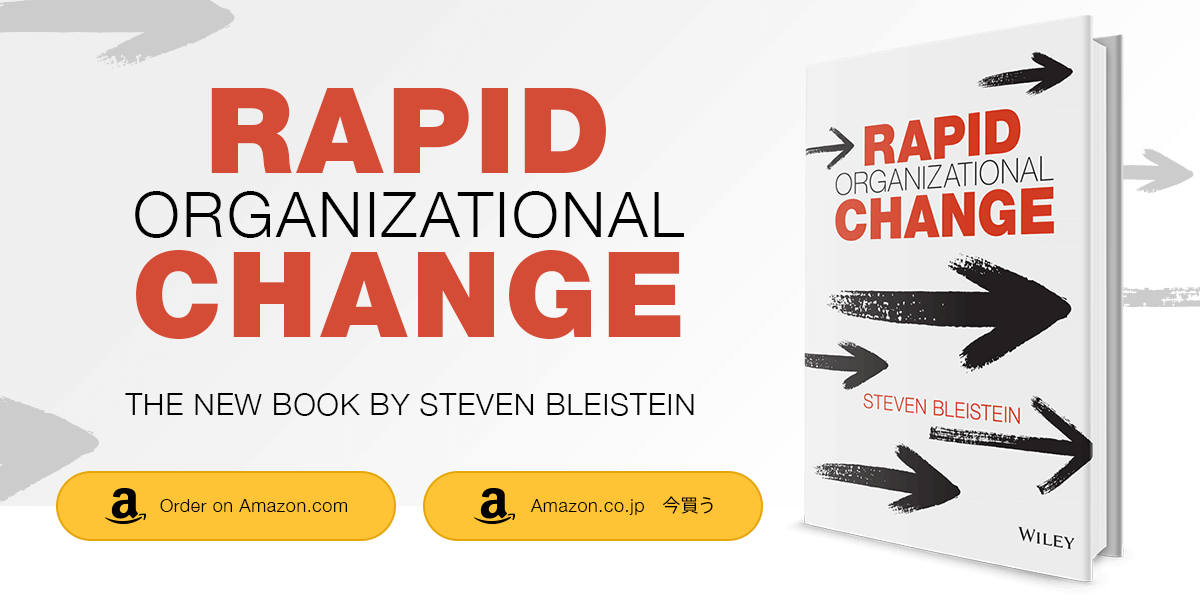[:en]
Many Japanese companies, and not just foreign companies, are pushing their employees to improve English–some more than others. Many people struggle with the grammar, pronunciation and endless nuances of vocabulary, and wonder why they must suffer through this even though their current job involves little or no direct interaction with people who speak the language. They may be missing the point. Learning language is just as much about changing mindset as learning the functional aspects of communication.
The key to being a global person is not just about English or any language for that matter. Rather, it is the ability to work with and understand people from other countries, even when you don’t share a common language. I have met many Japanese people with high TOEIC scores who have a mastery of English vocabulary and grammar, but when they speak, the are incomprehensible–not because of pronunciation or misuse of words, but because they are missing an international mindset. They say in English a direct translation of what they would say in Japanese, which ends up making no sense to speakers of English because that is simply not the way people communicate in English.
For example, what does “We may wonder whether it is not difficult not to say no to this proposal” actually mean?
Such abstruse statements are hard to make sense of even for Japanese people, but they are commonly used in Japanese as an acceptable from of polite, non-confrontational speech. On the other hand, speaking in this way in English will baffle if not annoy your counterpart, and tends to damage trust.
Most people who study music will never become virtuosi, and that fact negates not of the merit and benefit of doing so. Language learning is the same. An attempt at mastery of English is not just about the mechanics of language. It is about developing a curiosity about the outside world. It is about learning to mimic a foreign viewpoint and a way of communicating that leads to the ability understand others better from their perspective no matter where they come from. It is about developing a connection with others in the world without timidity.
So, if you are frustrated by the mechanics of a foreign language, and questioning the use of persevering, persevere. Look more deeply than the mechanics.
Language learning is about being a better and more connected member of the human race. Share on XThat’s good both for business and for you personally.
外資系も含め、日本にある企業の多くは、程度こそ違っても、社員の英語能力の向上を強く推進しています。そういった企業の社員達には、英語の文法、発音、限りのない語彙ニュアンスに苦労し、「今のポジションで英語圏の人と話す必要は殆ど必要ないのに、何故こんなに苦労をして英語を勉強しなければいけないのか。」と感じています。でもこういった意見はちょっと的外れかもしれません。外国語の学習には、その言葉を使ってコミュニケーションが取れるようになることと同じくらい、考え方を変えることも大切です。
グローバルな人間になる秘訣は、英語やそれ以外の外国語を学ぶことだけではありません。それ以上に、他国の人たちと共に仕事をし、彼らを理解できる能力が大切なのです。これはたとえ共通の言語がなくても同じこと。私もこれまで、TOEICで高得点を取り、英語の語彙も文法にも精通しているにも関わらず、実際に話してみると、うまくコミュニケーションが取れない日本の方々に、多く会ってきました。発音が悪いとか、言葉の使い方が間違っているという訳ではなく、国際人としての考え方が欠けているというのが、コミュニケーションがうまくいかない理由です。彼らは言おうとしていることを日本語から英語に直訳して話すのですが、それが英語圏の人間の話し方と全然違っているため、意味が伝わらないのです。
例えば、「この提案を却下すると言わないことが難しくないかどうか、我々には疑問に感じられるかもしれません。」という文は、実際のところ、どういう意味なのか考えてみてください。
こういった難解な表現は、日本人にとっても意味を掴みにくいものですが、それでも丁寧で間接的な柔らかい言い方として、一般的に使われています。しかし、これをそのまま英語に訳してしまうと、相手をイライラさせ、信頼を失うことにもなりかねません。
音楽を勉強する人の多くは、まず音楽界の巨匠にはなれません。でもだからと言って、音楽を学ぶ事に利点がないというわけではありませんね。外国語を学ぶことも同じです。それは外の世界に興味を持つということです。そしてその世界でのものの見方やコミュニケーションの取り方を模倣することで、その世界の人々の背景を分かった上で、彼らを理解することができるようになること。また、世界の人々と、臆することなく絆を育てていくということでもあります。
ですから、もしあなたが今、外国語の仕組みに頭を悩ませ、なんでこんなに大変なんだろうと感じているのなら、そこで諦めてしまわないでください。言葉以上のものの存在を考えてみるのです。外国語を学ぶことは、人間として成長し、つながりを広げることになり、それはビジネスにとっても個人的にも素晴らしいことなのですから。
[:]


